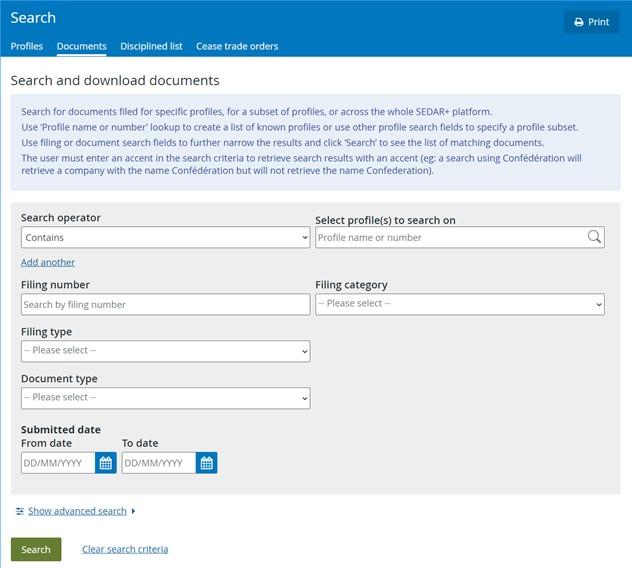In a significant boost to telecommunications infrastructure in Africa, Maroc Telecom has secured a substantial investment of US$425 million from the International Finance Corporation (IFC) aimed at expanding its 4G network in Chad and Mali. This financial partnership underscores the growing commitment to enhance digital connectivity in emerging markets, where access to reliable telecommunications services remains a critical driver for economic growth and social development. With this funding, Maroc Telecom is poised to accelerate its rollout of 4G technology, which promises to improve internet access and foster innovation across both nations. As the demand for high-speed internet continues to rise, this initiative represents a pivotal step towards bridging the digital divide in one of the world’s fastest-growing regions.
Maroc Telecom Secures Funding for Enhanced 4G Connectivity in Chad and Mali
Maroc Telecom has successfully secured a significant investment of US$425 million from the International Finance Corporation (IFC) aimed at enhancing mobile connectivity in Chad and Mali. This strategic partnership is expected to accelerate the deployment of advanced 4G infrastructure in these nations, enabling reliable and high-speed internet services for millions of users. The funding will primarily focus on expanding network coverage and upgrading existing facilities to meet the growing demand for mobile connectivity.
The enhancement of 4G services is anticipated to bring a multitude of benefits to both countries, including:
- Increased Internet Access: More people in rural and underserved areas will gain access to the internet.
- Economic Growth: Improved connectivity is expected to foster entrepreneurship and boost local businesses.
- Technological Advancement: Upgraded infrastructure will facilitate innovations and digital applications.
| Country | Funding Amount | Key Objectives |
|---|---|---|
| Chad | US$225 million | Expand rural connectivity |
| Mali | US$200 million | Upgrade existing infrastructure |
This investment not only reflects Maroc Telecom’s commitment to advancing telecommunications in the region but also aligns with broader developmental goals of fostering digital inclusion and economic resilience across Africa. The rollout of 4G services is poised to play a pivotal role in the socio-economic development of Chad and Mali, bridging the digital divide in these emerging markets.
Implications of IFC Investment on Regional Telecommunication Infrastructure
The recent investment from the International Finance Corporation (IFC) is set to significantly elevate the telecommunications landscape in Chad and Mali, enhancing connectivity and driving economic development in these regions. By injecting US$425 million into Maroc Telecom for the rollout of 4G networks, the IFC is not only facilitating improved access to mobile services but also fostering digital advancements that could benefit various sectors including education, healthcare, and local businesses. This funding underscores a recognition of the critical role that robust telecommunication infrastructures play in influencing a country’s economic trajectory and social progress.
The implications of this investment extend beyond immediate access to high-speed internet. Improved telecommunication infrastructure can stimulate job creation, enhance government efficiency, and attract further investments into the region. Key benefits include:
- Boosting Local Economies: Enhanced connectivity will enable small and medium enterprises to innovate and thrive.
- Improving Access to Services: Greater internet availability can lead to better access to essential services like telemedicine and online education.
- Encouraging Foreign Investment: A reliable telecom infrastructure creates a more attractive environment for international businesses considering entry.
Strategic Recommendations for Maroc Telecom to Optimize 4G Rollout Efforts
To enhance its 4G rollout in Chad and Mali, Maroc Telecom should consider implementing a multifaceted strategy that prioritizes both infrastructural development and community engagement. Firstly, expanding partnerships with local governments and non-governmental organizations could facilitate smoother deployment processes and bolster support from local stakeholders. Additionally, fostering collaboration with local tech startups would promote innovation in service offerings and drive cost-effective solutions for network expansion while creating job opportunities in the region.
Moreover, Maroc Telecom should focus on optimizing its marketing efforts to educate consumers on the benefits of 4G adoption. Key recommendations include:
- Targeted Awareness Campaigns: Develop localized campaigns illustrating the advantages of 4G technology, particularly in rural areas.
- Promotional Packages: Introduce affordable data plans tailored for various customer segments, especially aiming at encouraging youth and small businesses to connect to the network.
- Infrastructural Investments: Invest strategically in high-traffic urban areas while ensuring rural connectivity, thereby bridging service gaps and maximizing outreach.
| Recommendation | Rationale |
|---|---|
| Partnerships with Local Entities | Enhances operational efficiency and reduces deployment hurdles. |
| Localized Marketing Strategies | Increases awareness and adoption rates among diverse customer bases. |
| Investment in Infrastructure | Ensures robust service in both urban and rural locales, optimizing market penetration. |
Future Outlook
In conclusion, the financial backing of US$425 million from the International Finance Corporation (IFC) marks a significant milestone for Maroc Telecom as it embarks on ambitious 4G network rollouts in Chad and Mali. This strategic investment not only underscores the potential for digital transformation in these emerging markets but also highlights a growing commitment to enhancing telecommunications infrastructure across Africa. As Maroc Telecom implements these developments, both nations stand poised to benefit from improved connectivity, which can foster economic growth and expand access to vital services. The successful execution of this project will be pivotal in shaping the future of telecommunications in the region, with stakeholders eager to witness the positive impacts on local communities and businesses alike.







